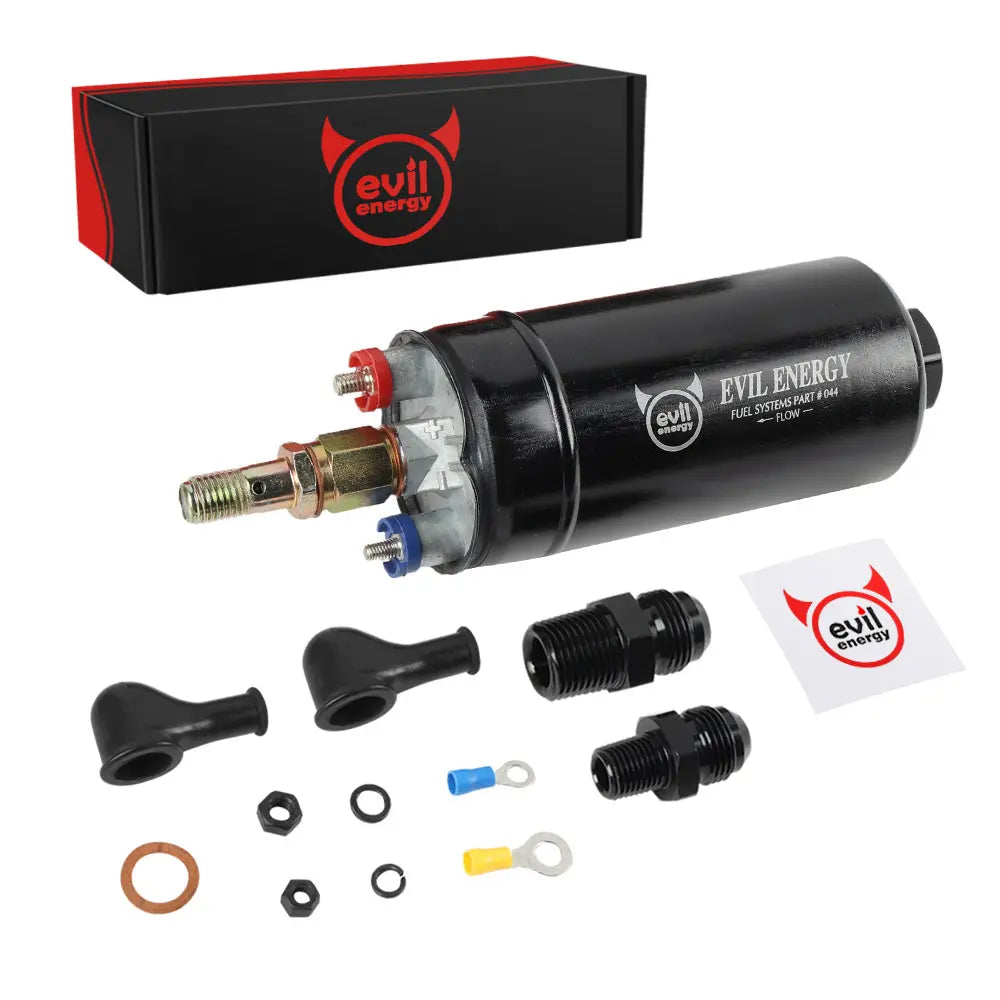In the realm of automotive engineering, fuel delivery systems play a crucial role in ensuring optimal engine performance. Traditionally, mechanical fuel pumps have been the go-to choice for many vehicles. However, with advancements in technology, electric fuel pumps have emerged as a superior alternative. In this blog post, we will delve into the advantages of electric fuel pumps over their mechanical counterparts, exploring their efficiency, reliability, and overall performance.
- Enhanced Fuel Pressure and Flow Control:
One of the key advantages of electric fuel pumps lies in their ability to provide precise fuel pressure and flow control. Unlike mechanical fuel pumps, which rely on engine speed and camshaft rotation, electric fuel pumps are driven by an electric motor. This allows for more accurate and consistent fuel delivery, ensuring optimal engine performance across various driving conditions. - Improved Fuel Efficiency:
Electric fuel pumps are designed to operate at a higher pressure, resulting in improved fuel atomization and combustion efficiency. By delivering fuel at a consistent and controlled rate, electric fuel pumps help maximize fuel economy, reducing both fuel consumption and emissions. This advantage is particularly significant in modern vehicles, where fuel efficiency is a top priority. - Quieter Operation:
Compared to their mechanical counterparts, electric fuel pumps operate with significantly less noise and vibration. Mechanical fuel pumps rely on mechanical components, such as a lever arm and diaphragm, which can generate noticeable noise during operation. In contrast, electric fuel pumps utilize advanced motor technology, resulting in a quieter and more refined driving experience. - Enhanced Reliability and Durability:
Electric fuel pumps are known for their superior reliability and durability. Mechanical fuel pumps are prone to wear and tear, as they rely on moving parts that can degrade over time. Electric fuel pumps, on the other hand, have fewer mechanical components, reducing the risk of failure. Additionally, electric fuel pumps are often equipped with built-in safety features, such as pressure sensors and shut-off valves, further enhancing their reliability. - Easy Installation and Maintenance:
Another advantage of electric fuel pumps is their ease of installation and maintenance. Unlike mechanical fuel pumps, which require precise adjustments and periodic maintenance, electric fuel pumps can be easily installed and replaced. Additionally, electric fuel pumps often come with replaceable filters, allowing for convenient maintenance and ensuring clean fuel delivery to the engine.
Conclusion:
As automotive technology continues to evolve, electric fuel pumps have emerged as a superior choice over mechanical fuel pumps. Their precise fuel pressure control, improved fuel efficiency, quieter operation, enhanced reliability, and easy installation make them a preferred option for modern vehicles. By embracing the power of electric fuel pumps, automotive enthusiasts can unlock a new level of performance and efficiency in their vehicles.

